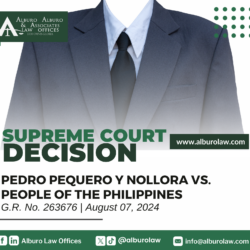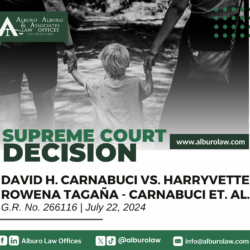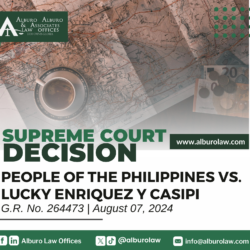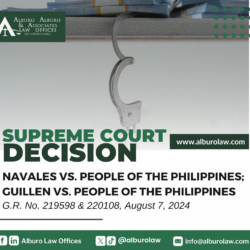The Supreme Court decides: A lawyer is not deemed a person in authority within the meaning of Article 177 of the Revised Penal Code
The Supreme Court held that to be convicted of the crime of usurpation of official functions, the following elements must concur:
1. The offender may be a private person or public officer.
2. The offender performs any act pertaining to any person in authority or public officer of the Philippine government, any of its agencies, or of a foreign government.
3. The offender performs the act under pretense of official function.
4. The offender performs the act without being legally entitled to do so.












